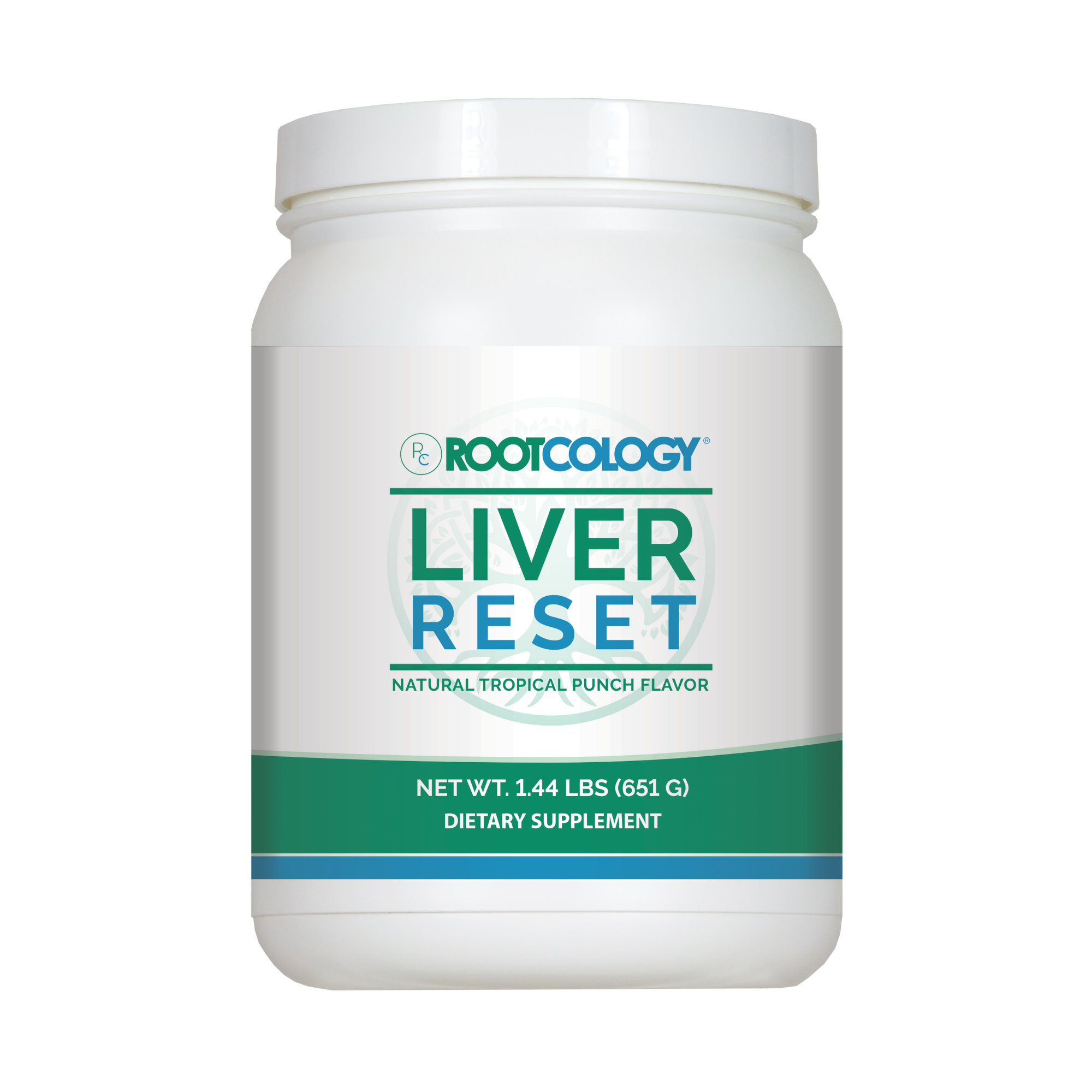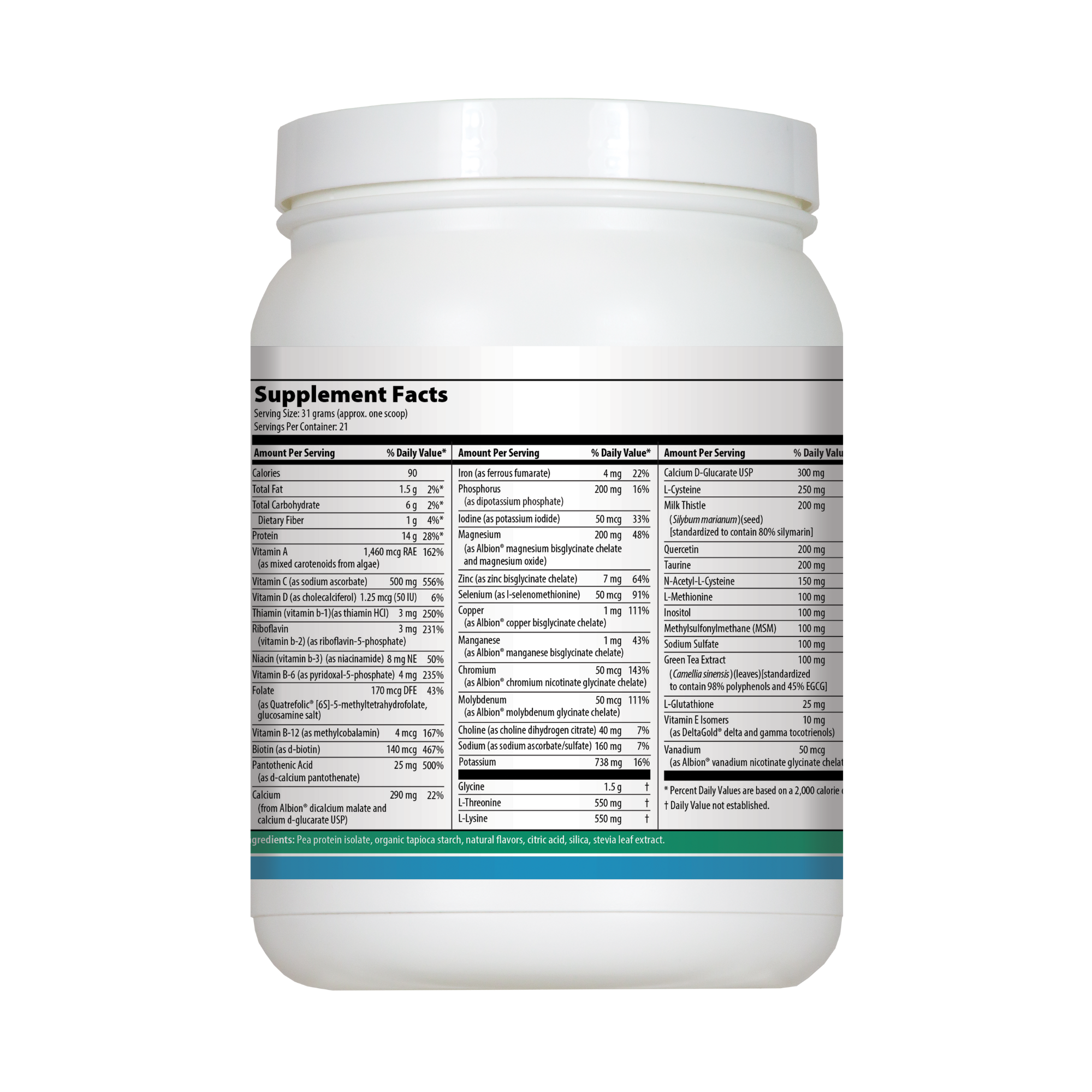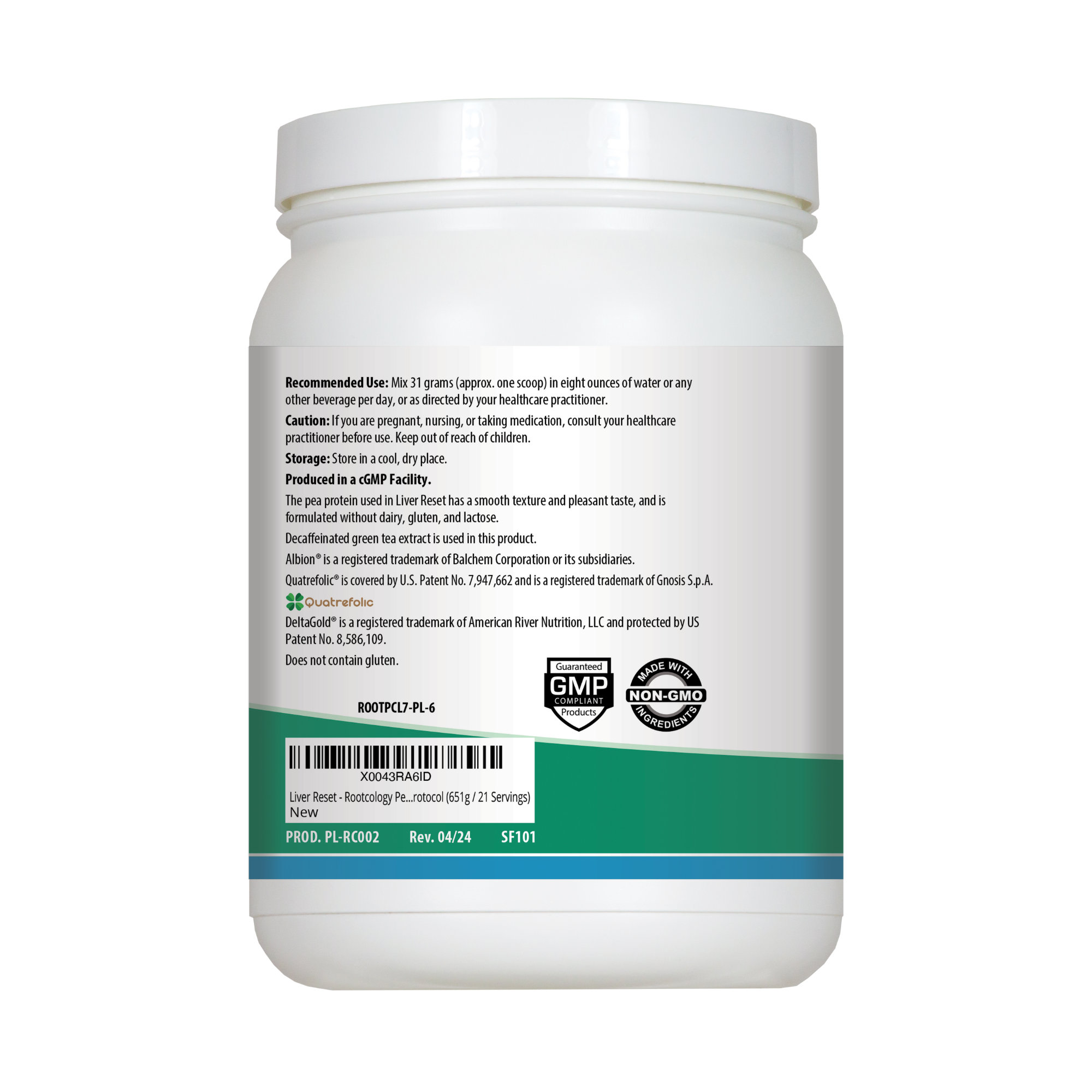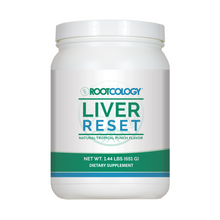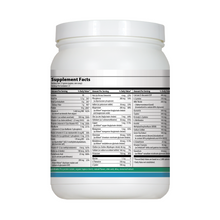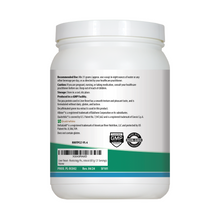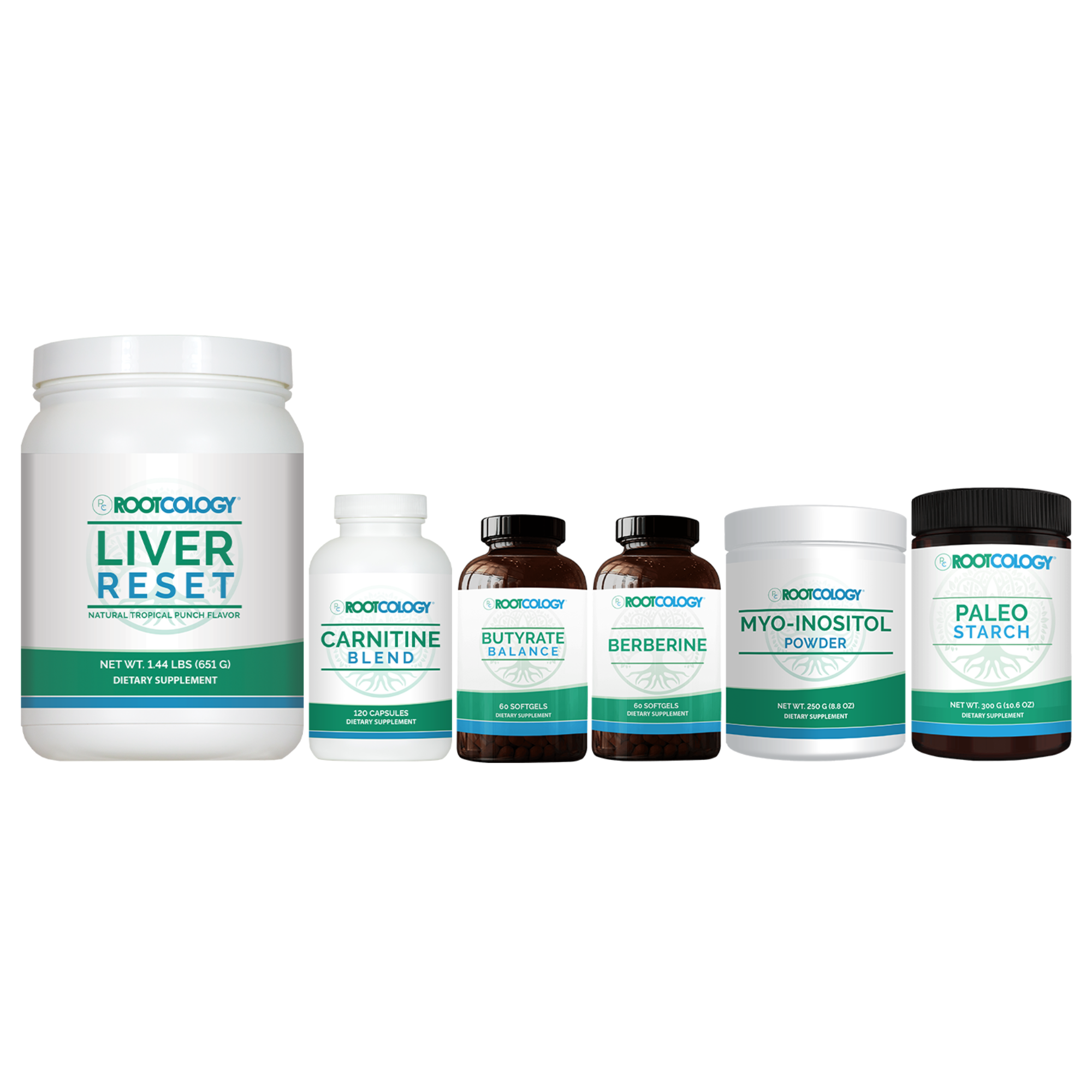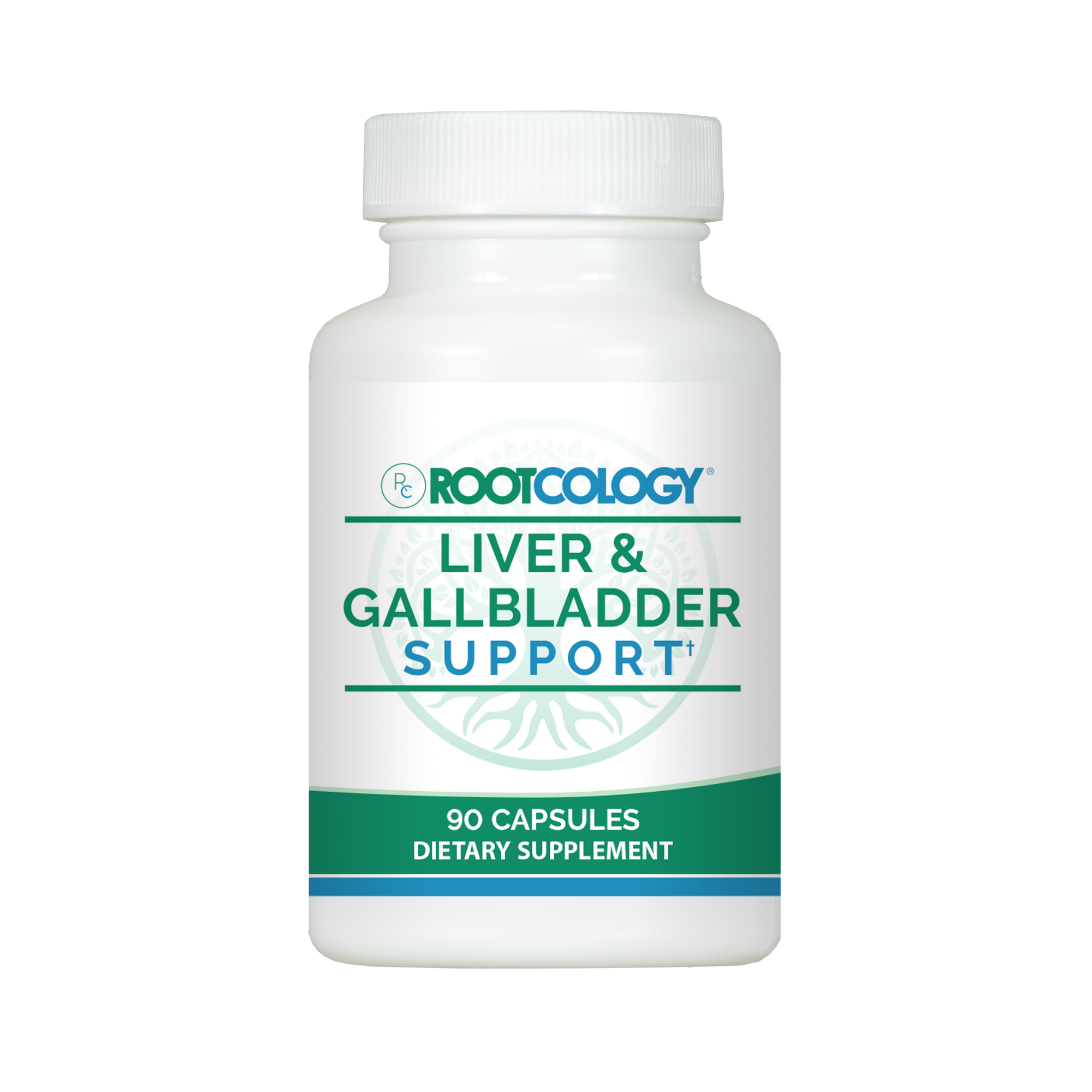What is Liver Reset?
Liver Reset contains a natural pea protein isolate to fuel detoxification pathways, as well as nutrients and antioxidants needed to support both phase I and phase II detoxification pathways, for safe and gentle detoxification. It also includes a comprehensive array of herbal hepatics and cholagogues to promote healthy liver function and elimination.*
What are the benefits of Liver Reset?
Liver Reset is ideal for those who would like to safely support the liver while promoting gentle detoxification. It is also ideal for those who have allergies or sensitivities to gluten, dairy or egg proteins, and are looking for a fructose-free, naturally sweetened liver support product made with stevia.*
What is the recommended dose?
One to two scoops per day, in eight ounces of water or another beverage, is recommended.
When should I take it?
Liver Reset can be taken in a smoothie or beverage in the morning, or at any other time during the day.
How long can I take Liver Reset powder for?
Taking Liver Reset powder for 1-2 weeks during a liver support protocol is recommended.
Can it be taken with thyroid medications?
Yes, but be sure to take Liver Reset at least 30 to 60 minutes away from thyroid medications. Testing your thyroid hormone levels every 30-90 days to see if a medication adjustment is needed, is recommended.
Is it normal to experience constipation and changes in stool smell when taking the Liver Reset?
One thing to consider is that constipation can lead to an ammonia smell in one's stool. The Liver Reset is best used along with magnesium citrate to avoid constipation. Additionally, people may experience changes in stool smell while using the Liver Reset due to clearing out toxins.
Why can’t I take Liver Reset if I have Addison’s, an electrolyte imbalance, or am taking steroids or diuretic medications?
Ingredients (including milk thistle, biotin, green tea, quercetin, and vitamin E) in the Liver Reset may upregulate liver pathways that eliminate medications (specifically, the P450 enzyme). This can be an issue with steroids and diuretics, which can result in electrolyte imbalances due to excess excretion, or keeping the drug in the body too long.
Those with severe adrenal issues, like Addison's, may also be at greater risk for electrolyte imbalance, which may be exacerbated by detoxing.
Not to be used by those with Addison's disease, a corn allergy, or a history of electrolyte imbalance. Do not use if pregnant or breastfeeding, if you have a sulfur sensitivity, if you plan to consume alcohol, or if you are allergic or sensitive to pork or any of the ingredients in this supplement.
DO NOT TAKE if taking the following medications: blood thinners, diuretics, or steroid medications.
Do not use without consulting your practitioner if you are currently taking the following medications: ACE inhibitors, activated charcoal, adenosine, alkylating agents, aluminum, aminoglycoside antibiotics, amiodarone, amphetamines, angiotensin receptor blockers, anion-transporting polypeptide substrates, antacids, anticoagulant/antiplatelet drugs, antidiabetic drugs, antihypertensive drugs, antipsychotic drugs, antithyroid drugs, antitumor antibiotics, atazanavir, barbiturates, beta-adrenergic agonists, bisphosphonates, bortezomib, calcipotriene, calcium channel blockers, capecitabine, carbamazepine, ceftriaxone, cephalexin, chloroquine, cimetidine, cisplatin, clozapine, cocaine, contraceptive drugs, cyclosporine, cytochrome P450 1A2, 1B1, 2C8, 2C9, 2D6, 3A4 substrates, diclofenac, digoxin, diltiazem, dipyridamole, disulfiram, dolutegravir, elvitegravir, ephedrine, estrogens, 5-fluorouracil, fluphenazine, fluvoxamine, fosphenytoin, glucuronidated drugs, HMG-CoA reductase inhibitors, hepatotoxic drugs, immunosuppressants, indinavir, insulin, integrase inhibitors, koselugo, levothyroxine+, levodopa, carbidopa, lithium, losartan, methotrexate, midazolam, monoamine oxidase inhibitors, morphine, nadolol, niacin, nicotine, nitroglycerin, NMDA antagonists, organic anion-transporting polypeptide substrates, penicillamine, pentobarbital, p-glycoprotein substrates, phenobarbital, phenylpropanolamine, phenytoin, potassium-sparing diuretics, primidone, pyrimethamine, quinolone antibiotics, raloxifene, raltegravir, retinoids, riluzole, ritonavir, sirolimus, skeletal muscle relaxants, sotalol, statins, stimulant drugs, sulfasalazine, sulfonylureas, tamoxifen, tetracycline antibiotics, theophylline, thiazide antibiotics, verapamil, warfarin
+Note regarding levothyroxine: As liver supportive supplements may increase thyroid hormones, specifically T4 to T3 conversion, this product is not recommended for those with active hyperthyroidism. As recommended with any lifestyle interventions, individuals with hypothyroidism and normal thyroid function should monitor their levels of thyroid hormones while taking this supplement, and test thyroid hormone levels every 30-90 days to see if a medication adjustment is needed.
Please note: Liver Reset uses non-GMO corn-derived ingredients and may contain a protein component that could cause an allergic response in those with corn allergies.
- Fasano A. Leaky Gut and Autoimmune Diseases. Clinical Reviews in Allergy & Immunology. 2011;42(1):71-78. doi:10.1007/s12016-011-8291-x.
- Bajaj J. Various Possible Toxicants Involved in Thyroid Dysfunction: A Review. Journal of Clinical and Diagnostic Research. 2016. doi:10.7860/jcdr/2016/15195.7092.
- Sterzl I, Procházková J, Hrda P, Matucha P, Bartova J, Stejskal V. Removal of dental amalgam decreases anti-TPO and anti-Tg autoantibodies in patients with autoimmune thyroiditis. Neuro Endocrinol Lett. 2007.
- Peckham S, Lowery D, Spencer S. Are fluoride levels in drinking water associated with hypothyroidism prevalence in England? A large observational study of GP practice data and fluoride levels in drinking water. Journal of Epidemiology and Community Health. 2015;69(7):619-624. doi:10.1136/jech-2014-204971.
- Natural Medicines Research Collaboration. https://naturalmedicines.therapeuticresearch.com/. Accessed August 5, 2020.
- Song Y-K, Yoon J-H, Woo JK, Kang J-H, Lee K-R, Oh SH, Chung S-J, Maeng H-J. Quercetin Is a Flavonoid Breast Cancer Resistance Protein Inhibitor with an Impact on the Oral Pharmacokinetics of Sulfasalazine in Rats. Pharmaceutics. 2020; 12(5):397. https://doi.org/10.3390/pharmaceutics12050397
You May Also Like
Questions about Rootcology Products? Email info@rootcology.com and we will get back to you within 24 business hours.




